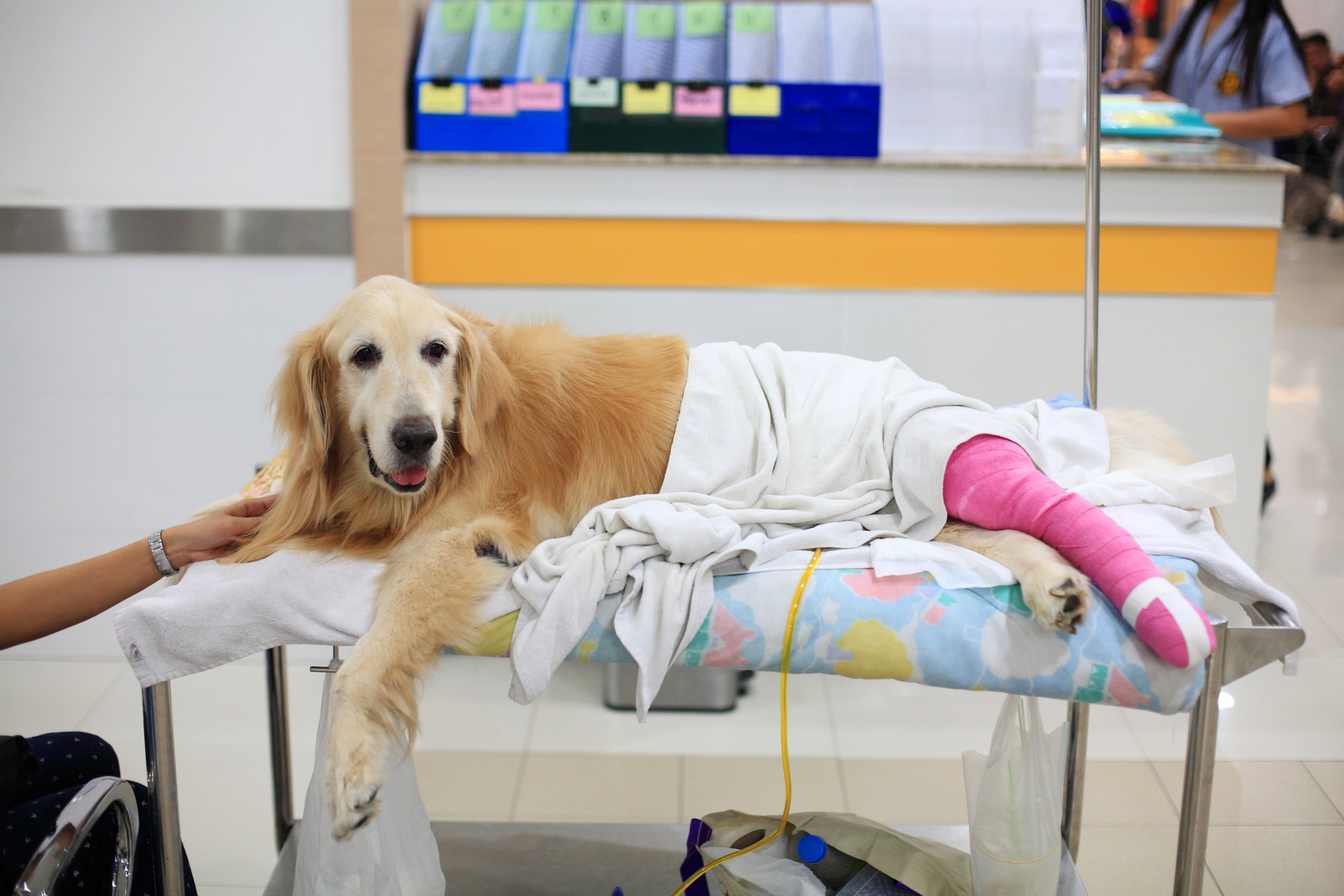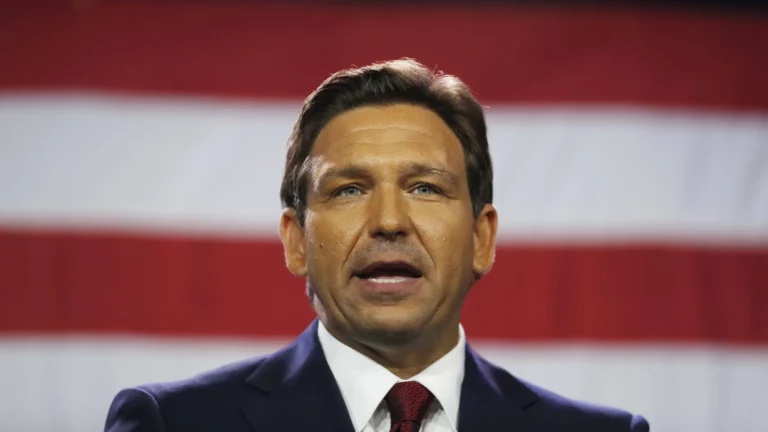
Pet veterinarian surgery is a vital component of modern animal healthcare. It involves the use of advanced medical techniques to diagnose and treat illnesses, injuries, and conditions affecting pets. From routine procedures like spaying and neutering to more complex surgeries, veterinary surgeons work diligently to ensure the health and well-being of our beloved animal companions.
The Importance of Pet Veterinarian Surgery
Pets are often regarded as members of the family, and their health and well-being are just as important as that of any human family member. Just like people, pets can suffer from a wide range of medical conditions, including injuries, infections, and chronic diseases. Surgery is often necessary to diagnose and treat these conditions and provide pets with the best possible quality of life.
Some of the most common reasons why pets require surgery include:
- Trauma: Accidents, falls, and other types of trauma can result in broken bones, internal injuries, and other serious conditions that require surgery.
- Cancer: Many pets develop cancer at some point in their lives, and surgery is often necessary to remove tumors or other cancerous growths.
- Infections: Infections can affect pets of all ages and can range from minor skin infections to life-threatening conditions like pneumonia and sepsis.
- Orthopedic issues: Pets can suffer from a range of orthopedic problems, including joint dislocations, ligament tears, and hip dysplasia.
Types of Pet Veterinarian Surgery
There are many different types of pet veterinarian surgery, ranging from routine procedures like spaying and neutering to complex surgeries that require advanced medical equipment and highly skilled surgeons. Some of the most common types of pet surgeries include:
- Spaying and Neutering: These procedures involve the removal of a pet’s reproductive organs, which can prevent unwanted litters and reduce the risk of certain types of cancers and other health problems.
- Dental Surgery: Pets can suffer from a range of dental problems, including periodontal disease, tooth decay, and broken teeth. Dental surgery can help address these issues and improve the pet’s overall health and well-being.
- Soft Tissue Surgery: This type of surgery is used to address issues with organs, muscles, and other soft tissues in the body. Examples include removing tumors, repairing hernias, and treating urinary tract obstructions.
- Orthopedic Surgery: Orthopedic surgery is used to treat a wide range of bone and joint problems, including fractures, dislocations, and degenerative joint diseases.
Preparing for Pet Veterinarian Surgery
Preparing for pet veterinarian surgery involves a few important steps. First, pet owners should schedule a consultation with their veterinarian to discuss the procedure and ask any questions they may have. This consultation will also give the veterinarian an opportunity to evaluate the pet’s health and determine if any additional tests or procedures are necessary before the surgery.
Pet owners should also follow any pre-surgical instructions provided by the veterinarian, which may include fasting the pet for a certain period of time before the procedure and discontinuing certain medications or supplements.
After the Surgery
After the surgery, pets will need time to recover and heal. Pet owners should follow any post-surgical instructions provided by the veterinarian, which may include administering medications, limiting physical activity, and monitoring the pet for any signs of complications.
Pet veterinarian surgery plays a crucial role in maintaining the health and well-being of our animal companions. Whether it’s a routine procedure or a complex surgery, veterinary surgeons work tirelessly to ensure that our pets receive the best possible care and attention. With proper preparation, care, and monitoring, pets can make a full recovery from surgery and continue to live happy, healthy lives.
Dog veterinarian surgery is an important aspect of veterinary medicine. It involves the use of surgical techniques to diagnose, treat, and prevent illnesses and injuries in dogs. From routine procedures like spaying and neutering to complex surgeries, veterinary surgeons work tirelessly to ensure the health and wellbeing of our furry friends.
Dog Veterinarian Surgery
Dogs are often considered as family members and their health is just as important as the health of any other family member. They can suffer from a range of medical conditions, including injuries, infections, and chronic diseases. Surgery is often necessary to diagnose and treat these conditions, and provide dogs with a better quality of life.
Some of the most common reasons why dogs require surgery include:
Orthopedic Issues: Dogs can suffer from a variety of orthopedic problems, such as hip dysplasia, ligament tears, and dislocated joints.
Trauma: Dogs can suffer from accidents, falls, and other types of trauma that can result in broken bones, internal injuries, and other serious conditions that require surgery.
Cancer: Many dogs develop cancer at some point in their lives, and surgery is often necessary to remove tumors or other cancerous growths.
Infections: Infections can affect dogs of all ages and can range from minor skin infections to life-threatening conditions like pneumonia and sepsis.
Types of Dog Veterinarian Surgery
There are many different types of dog veterinarian surgery, ranging from routine procedures like spaying and neutering to complex surgeries that require advanced medical equipment and highly skilled surgeons. Some of the most common types of dog surgeries include:
Spaying and Neutering: These procedures involve the removal of a dog’s reproductive organs, which can prevent unwanted litters and reduce the risk of certain types of cancers and other health problems.
Soft Tissue Surgery: This type of surgery is used to address issues with organs, muscles, and other soft tissues in the body. Examples include removing tumors, repairing hernias, and treating urinary tract obstructions.
Dental Surgery: Dogs can suffer from a range of dental problems, including periodontal disease, tooth decay, and broken teeth. Dental surgery can help address these issues and improve the dog’s overall health and well-being.
Orthopedic Surgery: Orthopedic surgery is used to treat a wide range of bone and joint problems, including fractures, dislocations, and degenerative joint diseases.
Preparing for Dog Veterinarian Surgery
Preparing for dog veterinarian surgery involves a few important steps. First, dog owners should schedule a consultation with their veterinarian to discuss the procedure and ask any questions they may have. This consultation will also give the veterinarian an opportunity to evaluate the dog’s health and determine if any additional tests or procedures are necessary before the surgery.
Dog owners should also follow any pre-surgical instructions provided by the veterinarian, which may include fasting the dog for a certain period of time before the procedure and discontinuing certain medications or supplements.
After the Surgery
After the surgery, dogs need time to heal. Dog owners should follow any post-surgical instructions provided by the veterinarian, which may include administering medications, limiting physical activity, and monitoring the dog for any signs of complications.
Whether it’s a routine procedure or a complex surgery, veterinary surgeons work tirelessly to ensure that dogs receive the best possible care and attention. With proper preparation, care, and monitoring, dogs can make a full recovery from surgery and continue to live happy and healthy lives.
Cat veterinarian surgery
As a cat owner, you want your feline friend to be in good health and receive the best possible care. However, sometimes medical conditions or injuries can require surgery to correct or alleviate them. If your cat needs surgery, it’s important to understand the process and the role of a cat veterinarian surgeon.
Cat veterinarian surgery refers to any surgical procedure performed on a cat by a licensed veterinarian. This can include routine procedures such as spaying or neutering, as well as more complex surgeries such as tumor removal, orthopedic procedures, and emergency surgeries for injuries or trauma.
Before the surgery, your cat will undergo a thorough examination and diagnostic tests to determine the best course of action. Your veterinarian will discuss the surgical procedure with you and provide information on what to expect before, during, and after the surgery. Depending on the procedure, your cat may need to fast for several hours or even overnight prior to the surgery.
During the surgery, your cat will be placed under anesthesia to ensure they are comfortable and immobile during the procedure. Anesthesia is carefully monitored by the veterinary team to ensure the cat’s vital signs remain stable throughout the surgery. Once the procedure is complete, your cat will be monitored closely during the recovery process.
After the surgery, your cat will need to be kept in a quiet, comfortable, and safe place for the first few days. Your veterinarian will provide you with instructions on how to care for your cat during this time, including administering any necessary medications and monitoring for signs of complications or infection.
Cat veterinarian surgery can be a stressful experience for both you and your feline friend, but it’s important to remember that it’s a necessary step in ensuring your cat’s health and wellbeing. Choosing a skilled and experienced veterinarian who specializes in cat surgery is crucial for ensuring the best possible outcome for your cat.
In addition to choosing a qualified surgeon, you can take steps to prepare your cat for surgery and ease their stress and anxiety during the recovery period. This can include providing a comfortable and familiar environment, offering plenty of love and attention, and following your veterinarian’s instructions carefully.
Cat veterinarian surgery is an important aspect of maintaining your cat’s health and wellbeing. By choosing a skilled and experienced surgeon, preparing your cat for the procedure, and providing attentive care during the recovery period, you can help ensure a successful outcome and a speedy recovery for your feline friend.


